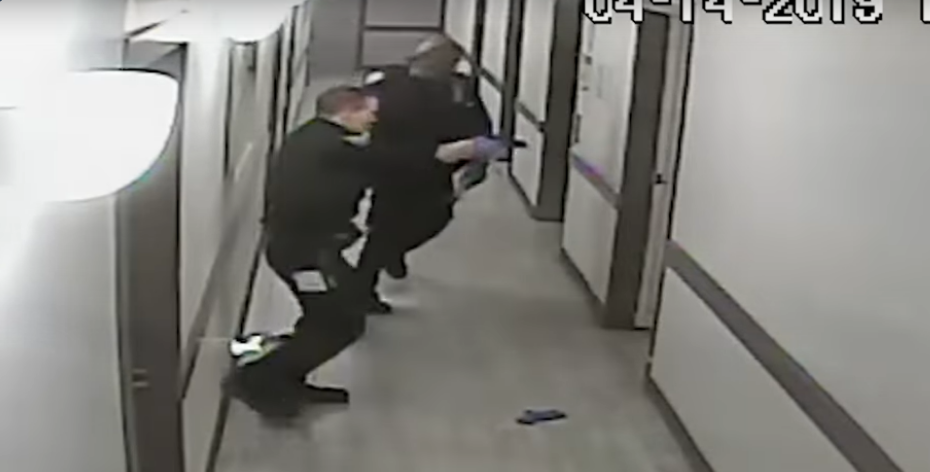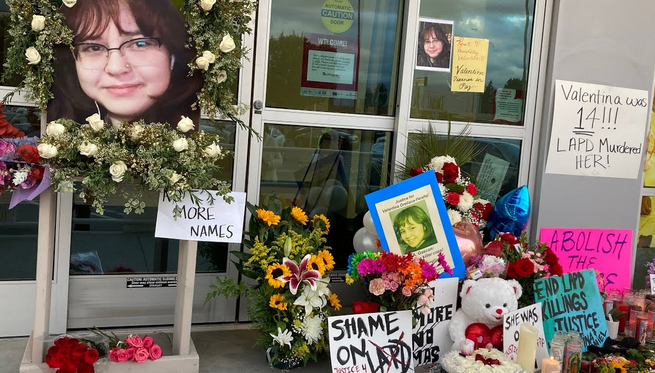Dr. King. Photo: World Telegram & Sun, Dick DeMarsico/Library of Congress.
For 400 years we have struggled to get this country and every community in it to face its original sins. Repentance is only the starting point.
We also need to act to right the wrongs. I grew up in a home that fought for more than repentance. I grew up in a household that fought for dignity and justice—with a father who threw himself in front of bulldozers in a Black neighborhood, and a mother who was arrested fighting for better schools for Black children.
My father founded an organization of, and, for Black women who were forced to rely on welfare to feed their families and helped organize with Dr. Martin Luther King Jr.’s Poor People’s Campaign. The civil rights movement of the 1950s and 60s won some repentance and still had to fight for the acts that would right the tremendous poverty original sin created.
My parents shared a commitment to justice with Dr. King—and the fight to make the world a beloved community. And that meant that “Life’s most persistent and urgent question is, ‘what are you doing for others’” to right the wrongs and contribute to a fair and just world for Black people, for people of all races, faiths, backgrounds. For those who are “the least of these” (Matthew 25:40).
The violent, white supremacist insurrection in our nation’s Capitol, in the People’s house, is the latest and most dangerous reminder that we not only have to face our original sins, but also that we are seeing a resurgence of them. We are still sinning.
Here in New York City, we are faced with the consequences of white supremacy every day. Communities of color bear the brunt of our City’s problems, and the inequalities have only been exacerbated by the COVID-19 pandemic. New Yorkers of color are suffering while too many people turn a blind eye.
Dr. King believed that if you really wanted change, we have to demand it. He said, “Our lives begin to end the day we become silent about things that matter”—and millions of Americans are refusing to be silent. Last summer, protestors from every community came together to disrupt the system. We declared, once again, that Black Lives Matter and took a stand against the systemic racism that still exists in every aspect of our society.
I am elated and rejuvenated by the fact that one of the men who succeeded Dr. King at the pulpit of the Ebenezer Baptist Church, Rev. Raphael Warnock, a Black man, will now serve Georgia in the U.S. Senate alongside a young man, Jon Ossoff, a Jewish man, who was mentored by the late-Congressman John Lewis. I am inspired once again by the fact that Black women, like Stacey Abrams and LaTosha Brown, led the charge that helped propel that history-making, and are actively moving to undo the voter suppression machine that has existed for so long. But that is only the beginning. We need to call for justice—keep calling—and wake the people up who have yet to answer that call.
While we take today to honor the life and work of Dr. King, we must do more than remember him. We must remember that movements are not the result of a single person’s efforts. Movements are created when we come together and demand change. In this moment of national reckoning, I hope you’ll join me in reflecting on the words of Dr. King: “History will have to record that the greatest tragedy of this period of social transition was not the strident clamor of the bad people, but the appalling silence of the good people.”
How we respond to this moment will be remembered for generations to come. If we’re going to make our City and our country a fairer, more just place for all—it’s on all of us to take a stand.
Ms. Wiley is candidate for Mayor of The City of New York.












